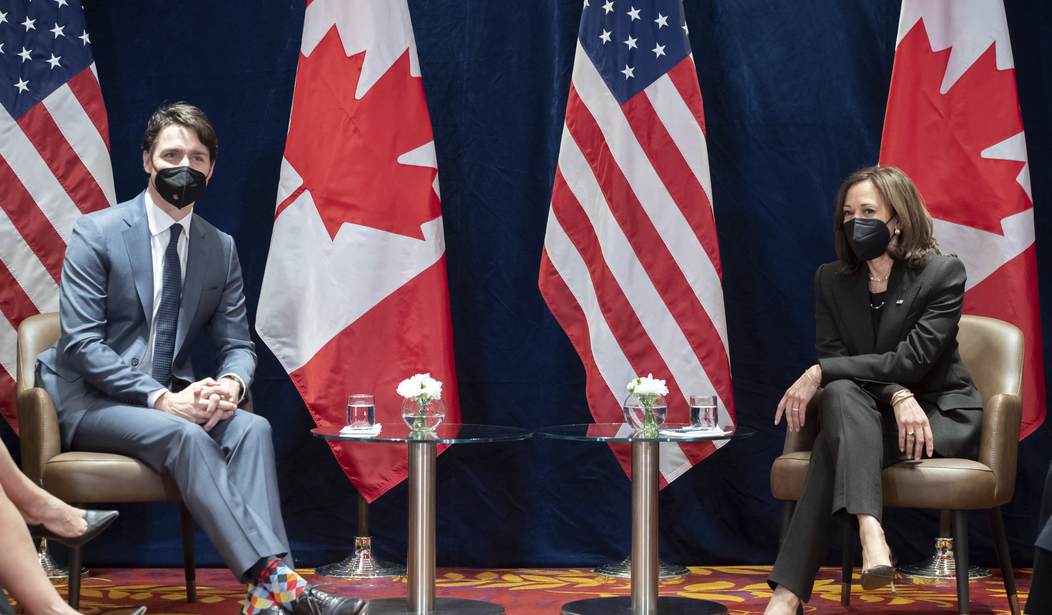In the approaching elections in the U.S. and Canada, among four possibilities, two scenarios in particular present themselves with startling clarity.
Should Donald Trump in the U.S. and Pierre Poilievre in Canada emerge victorious in their respective campaigns, the foundering ship of state in the south and the sinking canoe of state in the north would begin to right themselves. A close and mutually beneficial relationship between Republicans and Conservatives would lead to restored prosperity, secure borders, a revamped military, judicial reform, and renewed diplomatic influence for both countries, one as a Constitutional Republic, the other as a Parliamentary Confederation with their discrete political but effectively representative systems.
At the same time, while pursuing broadly similar agendas and a resetting of aggressively patriotic priorities, both men are distinctive individuals, visibly different from one another. Trump is a mix of bluster and gravitas, Poilievre a master of mischievous riposte. (The Economist describes Poilievre as a “brainy brawler.”) They are “the same” only in the sense that they are both strong personalities, visibly their own singular selves ready to work within the diverse political structures and dissimilar institutions of two independent nations to the general advantage of their citizens.
Of course, there will surely be some friction over issues of trade and tariffs, but each leader is manifestly working to improve conditions for his own people. Champions of small government, administrative deregulation, low taxes, unhindered entrepreneurship, energy independence, and chartered freedoms, they seek social and political order within the broad confines of free-market competition and a millennial Judeo-Christian tradition. Both merit victory at the polls. This is obviously the best possible electoral outcome.
However, should Kamala Harris win the White House and Justin Trudeau retain the prime minister’s office, both ship and canoe will begin to vanish beneath the waves. The policies they put in place will be practically indistinguishable, both seeking intimate relations with Islamic organizations, undermining Israeli security, opening their borders wider than ever to unstanchable and illegal immigration, embedding so-called abortion rights, entrenching revolving door convictions, supporting the Ukraine war, spending and printing money in unlimited quantities, and impoverishing their citizens under the burden of levies, debt, and inflation. Both nations will have become authoritarian states, scarcely distinguishable from one another.
Character-wise, Trudeau and Harris are mediocrities, often comically halting and unintelligible in formulating policy positions or addressing the press, reeking of insincerity, vapid and mercurial, fiscally illiterate, and incapable of excelling or rising into political prominence without the help of nepotistic influences — in one case a family name, in another a powerful backer. They are fungible apparatchiks. Neither could “make it” on their own. The welfare of society means nothing to them. Incurable narcissists, they seek disorder and the dismantling of received tradition as a means to gratify their own despotic supremacy. Marxists by temperament, they are perfectly interchangeable ciphers.
The upshot is that neither merits victory at the polls though, clearly, a double triumph would be an electoral disaster. One is an effeminate man, the other a masculine woman, but both are weak personalities with a penchant for collective solutions to political problems and a hankering for autocratic rule to offset their febrile natures. Woe betide both countries if the next president of the United States is Justin Harris and the next prime minister of Canada is Kamala Trudeau.










Join the conversation as a VIP Member